
Prescribing Lecanemab in Real Life
Dr. Robert Przybelski has prescribed lecanemab to real-life patients, and discusses his experience prescribing and administering the treatment.

Dr. Robert Przybelski has prescribed lecanemab to real-life patients, and discusses his experience prescribing and administering the treatment.

Now, a third new Alzheimer’s drug expected to be approved by the Food and Drug Administration (FDA),. The field of new drugs is beginning to show progress in the fight to slow the disease.

The FDA has approved generic lecanemab (brand name Leqembi®). The new drug can slow the progression of Alzheimer’s. Two top doctors discuss the pros and cons.
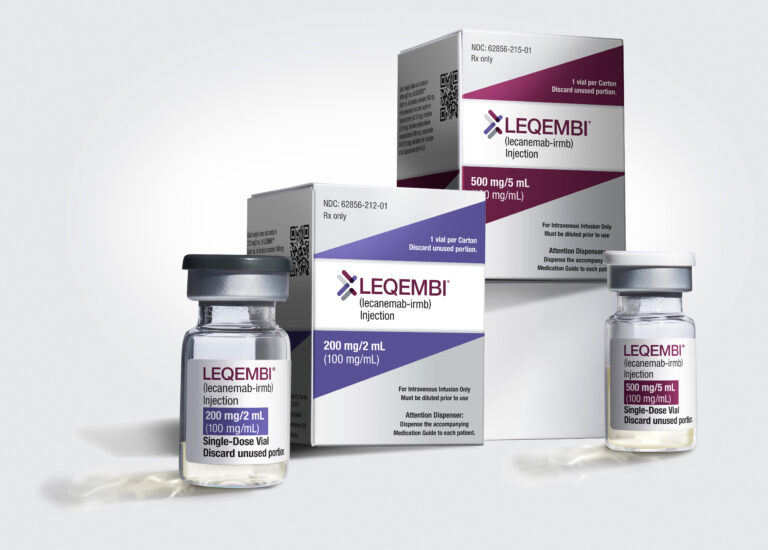
First drug to modestly slow Alzheimer’s cognitive decline, based on 1,800 patients.
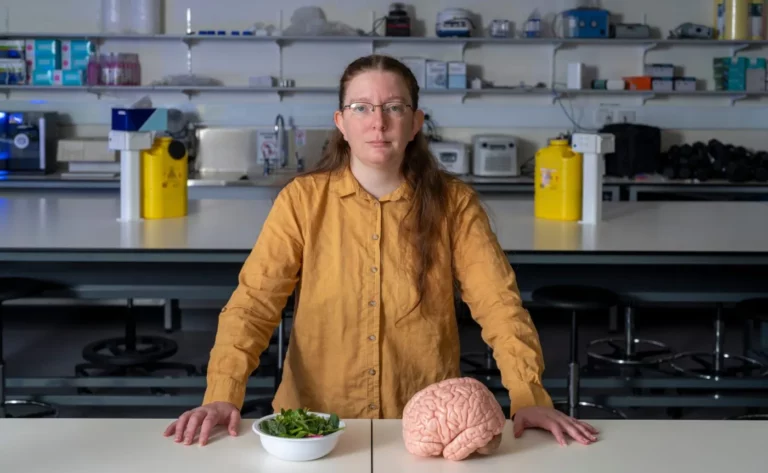
More magnesium in our daily diet leads to better brain health as we age, according to scientists from the Neuroimaging and Brain Lab at The Australian National University (ANU).
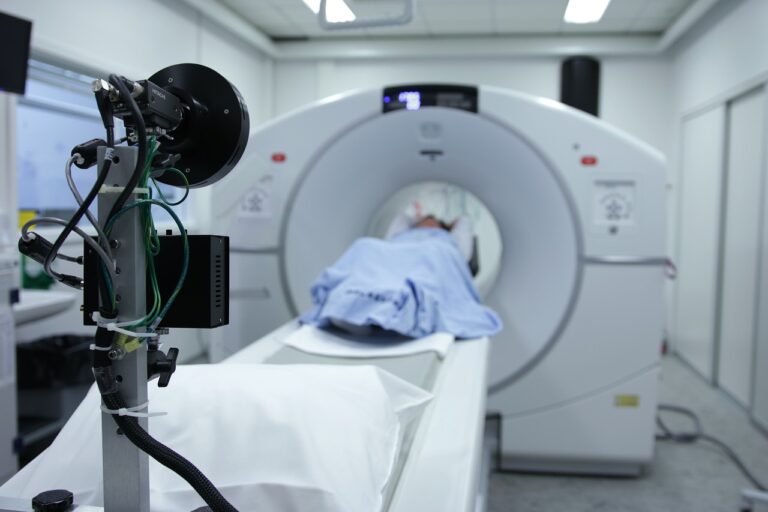
A large study led by Lund University in Sweden has shown that people with Alzheimer’s disease can now be identified before they experience any symptoms.

The FDA Advisory Committee’s endorsement of Leqembi paves way for traditional approval, ushers in a new era for Alzheimer’s

Taking a daily multivitamin supplement can slow age-related memory decline, researchers found.

More proof that you are what you eat, at least to a certain extent. Researchers found those who follow the MIND or Mediterranean diet showed fewer signs of Alzheimer’s in their brains. Learn more.

INCLUDES PRINTABLE CAREGIVER RESOURCE: Can an old song brighten the day of people with dementias such as Alzheimer’s? Can a childhood memory help bring back clarity and connection? An uplifting study offers useful answers.
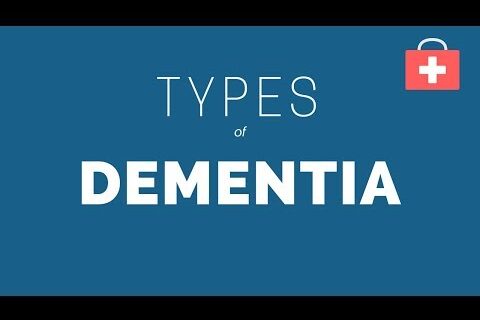
This “Overview for Med Students” sums up 5 common types of dementia: Alzheimer’s, Parkinson’s, Lewy body, vascular and frontotemporal dementia. Watch now.
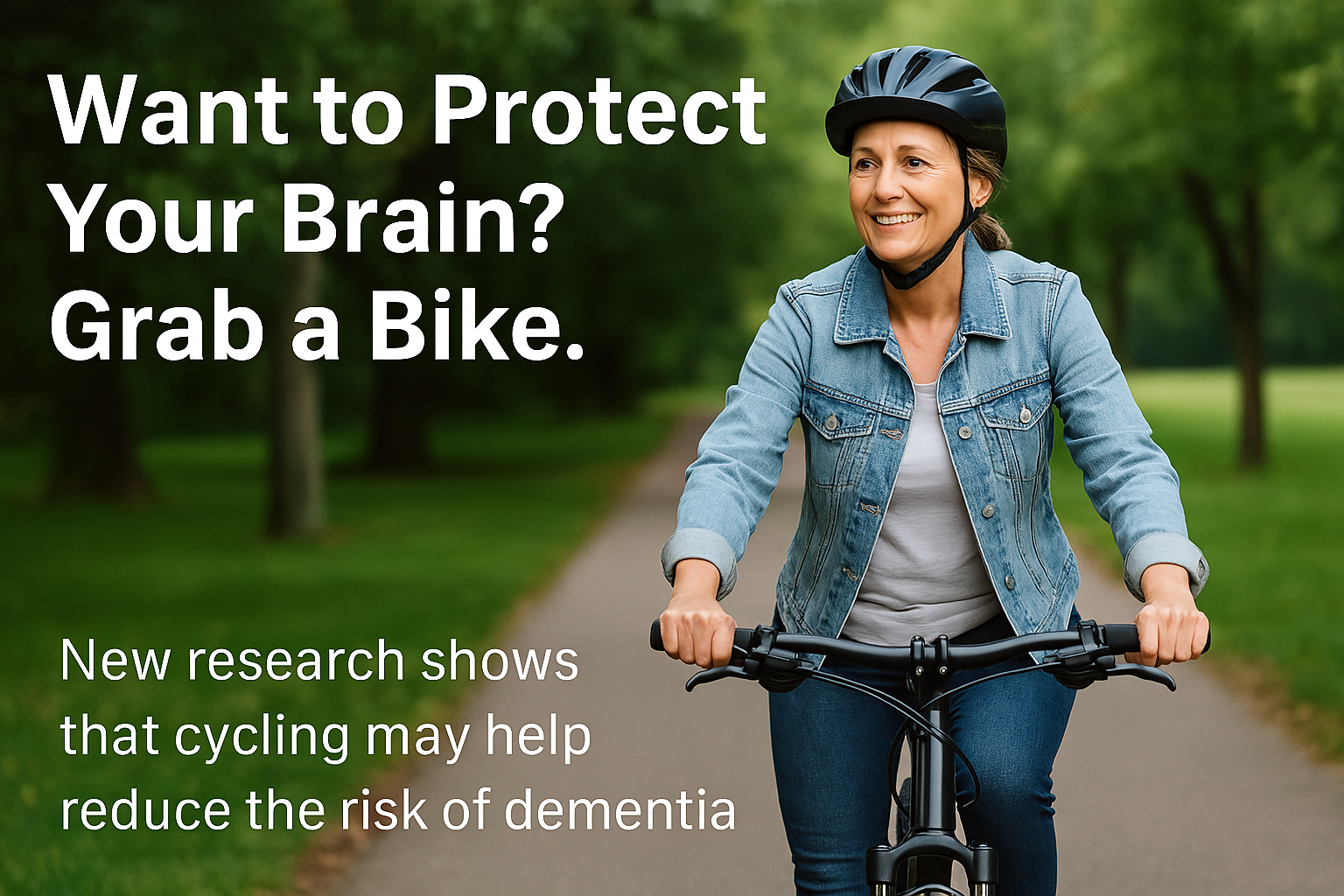
New research reveals that choosing a bike over a car might not just save gas—it could also help guard your brain against dementia, including Alzheimer’s. Here’s why cycling might be one of the smartest habits you can develop.

SHORT-TERM MEMORY lapses are obvious signs of Alzheimer’s, but other tell-tale signals begin to show much earlier. Learn how to look for semantic impairments, such as simple questions about size.

Three important dementia studies focus on HS-AGING, a type of dementia almost as common as Alzheimer’s in the 85+ group. Yet few people have heard of it. Why? What makes it different?

An intriguing study of 120 grandmothers might surprise you. Doctors know socially engaged people have better cognition and less dementia. But can a person get too much of a good thing? What’s the right balance?

Enjoy this great duet between a musician with dementia and his son. A triumph of spirit over Alzheimer’s! Sing-a-long if you like!
No spam, only news and updates.


